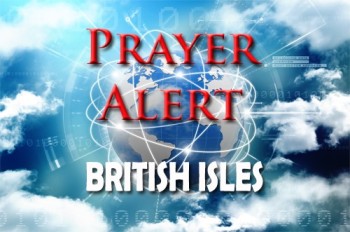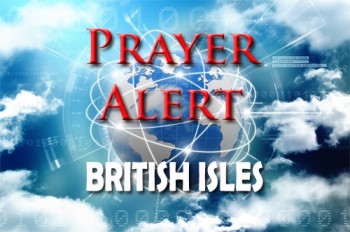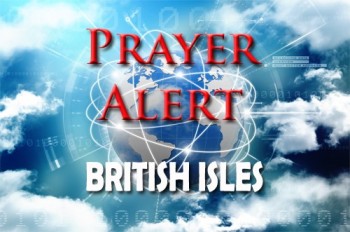Displaying items by tag: budget cuts
Scotland: £500m cuts to public spending
Scotland's deputy first minister, Shona Robison, has announced £500 million in public spending cuts to address financial pressures. The cuts, which span various sectors, aim to balance Scotland’s budget while facing ongoing economic challenges. Robison emphasised that difficult decisions were necessary to manage increasing demands on public services and rising costs. The cuts will affect education, healthcare, and transport, sparking concerns from public sector workers and unions. Critics argue that the reductions could lead to decreased quality in essential services and further strain on already under-resourced sectors. Robison defended the cuts as crucial to prevent long-term financial instability, noting that the government is committed to protecting vital services as much as possible. However, she acknowledged that the cuts were far from ideal and called for a review of how public funds are distributed and used efficiently.
Civil service job cuts
Cabinet secretary Simon Case has said in a letter to civil servants that the Government wants to cut up to 91,000 jobs within three years to save money. The civil service has grown a lot since 2016. Major changes like Brexit and the response to the pandemic created jobs which are not needed now. No 10 insists its approach is about ‘good housekeeping’, and more efficiency and automation will mean no cut in services. But where the numbers will be reduced is not clear. What would cuts to a big department like works and pensions or defence mean in practice? Although the civil service is often associated with Whitehall and the machinery of government, tens of thousands of people work on things like delivering benefits and keeping the courts running.
Addiction service cuts condemn people to dependence
Psychiatrists have warned that ‘cuts to addiction services for young people risk condemning them to a lifetime of dependence and poor health or even an early death’. The Royal College of Psychiatrists (RCP) reported that between 2014 and 2021 budgets were cut by over a third (37%), amounting to £26 million, leaving thousands of young people with limited access to drug and alcohol treatment or specialist help. It is asking the Government to inject £43 million into public health funding for councils, to bring spending on youth addiction services back to 2013/14 levels. RCP said we need to wake up to the fact that money spent on addictions services saves the NHS a lot more in the long run, whether in A&E or in other mental health services. The second most common substance abuse after cannabis is alcohol.


